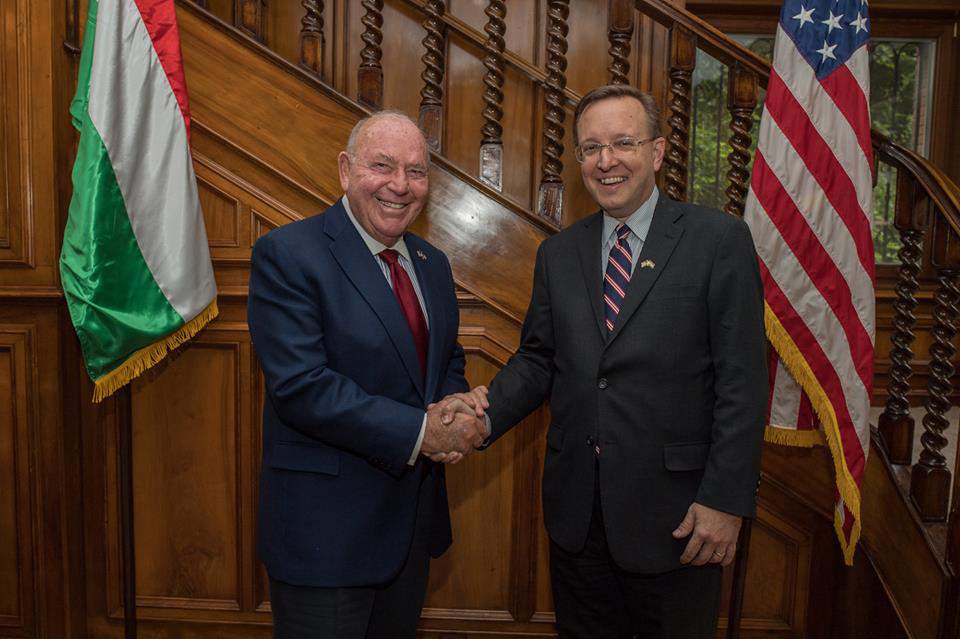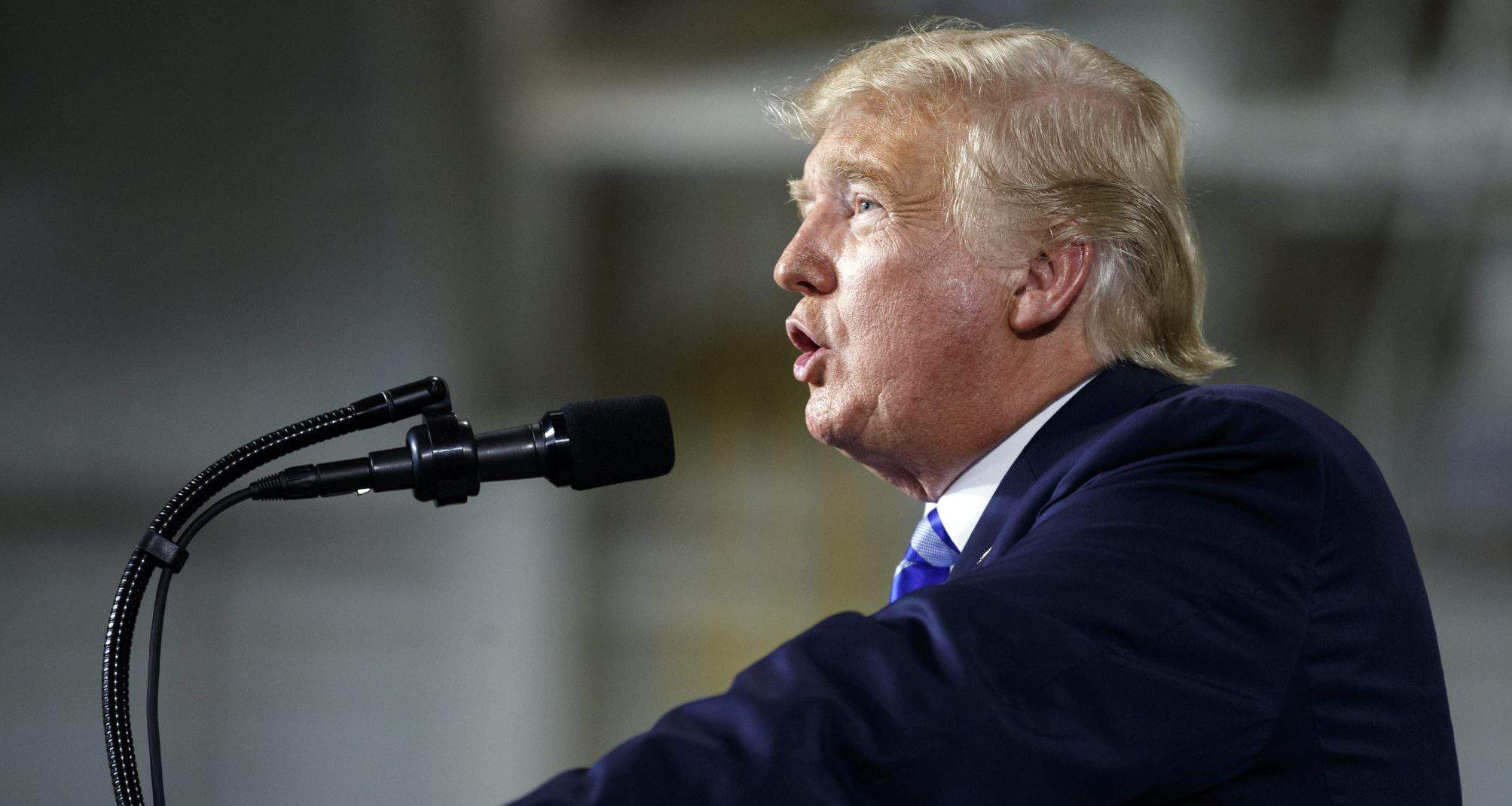The New York Times: Hungarian Prime Minister Viktor Orbán found a great ally in Trump
The New York Times and Bloomberg have published two articles on Hungarian-American relations as the two leaders’ views seem to be similar.
The New York Times expressed concerns about the governments’ political domination over the whole media landscape, claiming that “critical, independent outlets are mostly absent”. Lately, The Guardian has also expressed fear about the media and press freedom in Hungary.
On the contrary to the Obama-era, Orbán has found a friend and a potential ally in Donald Trump, American president, as the leading foreign papers report.
According to the magazines, there are two possible reasons behind Trump’s recent approval of the Hungarian prime minister.
On the one hand, while Obama was very critical of the Hungarian prime minister’s policies, the Republican president does not consider Orbán the destroyer of Hungarian civil society. A signal of this paradigm shift in the American attitude was the suspension of the $700,000 grant that was to be awarded to media outlets for the further implementation and expansion of Hungarian independent media in the countryside.
The $700,000 grant was initiated to enhance the importance of free speech and was considered a provocation by Hungarian politicians, including Orbán.
Consequently, when the program was cancelled, András Simonyi, Mr Orbán’s former envoy to NATO, and later the Hungarian ambassador to Washington declared it “a huge victory”, sending the message “that Hungary is O.K.”
On the other hand, according to David B. Cornstein, the recently appointed US Ambassador to Budapest, the American president admires strong leaders, which is exactly what he considers Mr Orbán to be.

Photo: Facebook.com/hungary.usembassy/
Nevertheless, Pres. Trump’s appraisal of the Hungarian prime minister – and that of the Polish policies – may be part of an extraordinary paradigm shift in the American EU-policy as Trump has repeatedly declared the EU to be a dangerous foe and a powerful trade competitor.
The President’s engagement with the EU’s populist forces reveals an American attempt to divide the continent by creating a strong alliance of anti-EU far-right politicians. That might be the reason for the privilege of a phone call between Trump and Mr Orbán or bilateral meetings of the foreign ministers of the two countries.
The new administration’s attempt to try to keep up with Russia and China in Central and Eastern Europe has repeatedly become apparent in its policies to keep “illiberal” countries such as Poland and Hungary in the Western hemisphere.
Thus, the deferral of the $700,000 grant program may be part of a bigger political picture, though the ambassador to Budapest denied political motivations.
“It’s not that we are not in favour of a free press (…), we just felt that it isn’t a Hungarian problem” – Mr Cornstein said just before the shutdown of two government-critical media outlets: Heti Válasz magazine and HírTV television channel.
Formerly other foreign newspapers have also criticised the Orbán government’s several moves, including the gender studies’ ban recently issued by the government, their “mockery of EU values” and among others their moves on foreign-backed NGOs.
Featured image: MTI/AP/Carolyn Kaster
Source: The New York Times, Bloomberg
please make a donation here
Hot news
Happy news: 110-year-old nostalgia boat returns to Lake Balaton – PHOTOS
They cannot get bored: 9 June elections decide about war or peace
Mesmerising PHOTOS: Buda Royal Palace renovation in spectacular phase, entire walls being rebuilt
Former PM Gyurcsány’s party afraid of losing mayoral seats on 9 June in Budapest
Unexpected: New Hungarian airline may start operating soon, here is its name!
Police head’s surprising claim about how safe Budapest is




